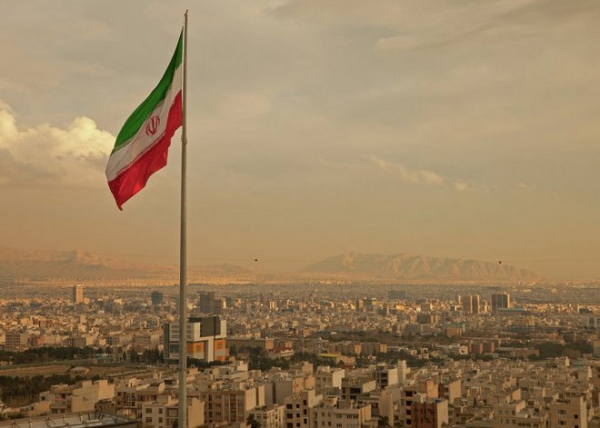Tehran, Iran, October 4
By Mohammad Jafari –Trend:
A former US Treasury Department adviser on sanctions underlined that the US administration's plan to impose fresh sanctions against Iran's oil and gas sectors will somehow fall flat in absence of full support by the European nations, China and Russia.
"Grudging compliance does not look like robust, immediate information sharing to support the enforcement of sanctions," said Elizabeth Rosenberg, the director of the energy economics and security program at the Center for New American Security in an interview for S&P Global Platts' Capitol Crude podcast.
"In that world, sanctions are leaky, they're not so strong and they will be revealed to Iran and the world to be not an effective tool of statecraft and there will be myriad opportunities for opportunistic business people - and confused business people - to find ways of continuing the business that they have in place," Rosenberg pointed out.
She would possibly have been pointing to a deal between Iran and the French Total Company.
Iran signed a $4.8 billion deal with a consortium led by French oil company Total in July to develop its giant South Pars gas field, the largest natural gas field in the world, a report by CNBC said at the time.
The deal was the Islamic Republic's first with a European oil company in more than a decade.
Total has taken a 50.1 percent interest in the South Pars project, and alongside state-owned China National Petroleum Corporation, which holds 30 percent, and Iran's Petropars (19.9 percent), will begin producing gas for the Iranian market from 2021.
Elsewhere in her interview Rosenberg said the move (sanctions on Iran) would damage US economic leverage at a time when it needs major Iranian crude buyers on board for other diplomatic priorities like leaning on China to help counter the North Korean nuclear threat.
She further said trades for Iranian oil would continue despite US sanctions, but in the meantime, she reminded that some international companies would abide by the US sanctions due to tough penalties for the international companies which intend to invest on Iran's energy sector.
"So I think we'll see a much more cautious attitude toward flouting US sanctions there," she underscored.
The possibility of the US going alone on re-imposing Iran sanctions has increased since President Donald Trump is widely expected to not certify Iran's compliance in the 2015 nuclear deal before Congress' October 15 deadline.
Regardless of the international concerns about the seriousness of the US administration to impose fresh sanctions on Iran's energy sector and the move's repercussions on the world's security and economic growth, Tehran is insisting on its commitment to the text and the spirit of the Joint Comprehensive Plan of Action (JCPOA), a nuclear agreement signed in 2015 between Iran and Group 5+1 (the US, Russia, China, France and Britain plus Germany).
The Iranian First Vice-President Es'haq Jahangiri underlined in mid-July that the Americans imposed sanctions against Iran and emphasized that no one dares to invest over $20 million in the Iranian oil industry and this contract should be regarded as their defeat and the failure of those sanctions preventing investment in Iran.






